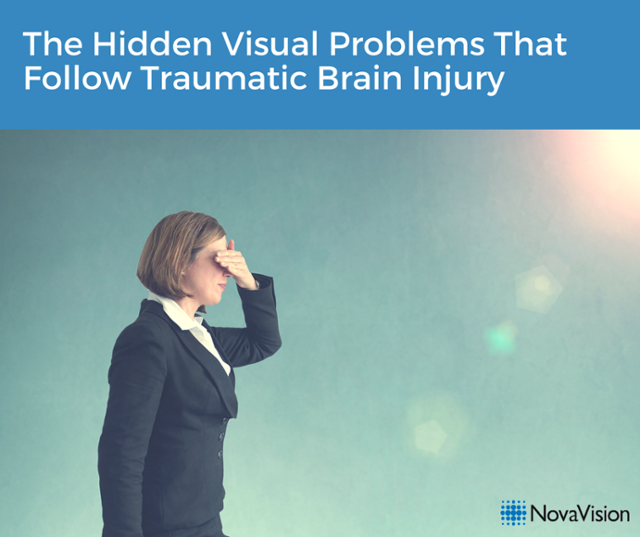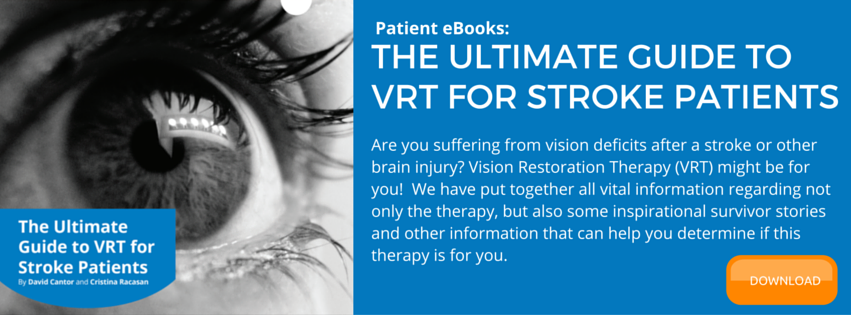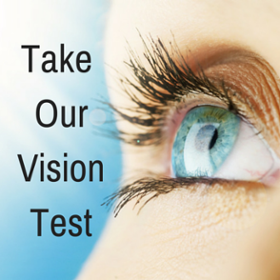
Not unlike stroke, it’s common for visual problems resulting from Traumatic Brain Injuries to go unnoticed during the initial treatment of the injury. All too often, the visual side effects that accompany a brain injury are neglected because they may be hidden. This significantly complicates the survivor’s recovery, particularly in other areas of rehabilitation. Our vision is arguably the most essential source of sensory information because it is so complex, processing different types of information from your eyes, body and your brain. Because your vision is so dependant on the health and functionality of your brain, Traumatic Brain Injuries can easily disturb the way visual information is processed.
What are the symptoms?
Since Traumatic Brain Injury causes Neurological Vision Impairment, and not physical damage to the eye itself, there is a unique set of symptoms to be aware of. If you experience any of the following, approach your physician to explore the possibility that you may be suffering from impaired vision:
- Loss of Visual Field
- Aching eyes
- Seeing Double
- Blurred or blurry vision
- Sensitivity to light
- If words appear to move on the page
- Headaches
How Traumatic Brain Injury Affects Your Vision
There are a variety of ways that a Traumatic Brain Injury can inhibit your visual abilities, often times hindering different aspects of your recovery. Eye tracking is the eye’s ability to move smoothly across a printed page or while following a moving object. If this function is affected, you may struggle reading important long pages of important information from your physician or working with a physical therapist. Fixation is your ability to quickly and accurately locating and inspecting a series of stationary objects, also having a serious impact on your ability to read.
Focus change, which is also known as accommodation, is your ability to look from far to near and back at a fast pace and still see clearly. Depth perception describes your ability to judge the relative distance of objects. This is how your brain knows how near or far objects are from you or from each other. Your peripheral vision is your ability to interpret what is happening in the surroundings of your visual field. All three of these visual functions may affect rehabilitation and your daily life, but are especially crucial to be able to operate a motor vehicle safely.
Binocularity or Two Eye Vision is your ability to use both of your eyes simultaneously which has a significant impact on your quality of vision. Traumatic Brain Injury may also impact your ability to focus. In fact, it may affect your ability to visualize your thoughts or events, where you may have previously been able to picture images, retaining these memories and store them for future recall. Finally, a TBI can affect your vision perception which is understanding what it is you have actually seen.
In addition to understanding the impact of Traumatic Brain Injury on your vision, it is crucial to understand the impact your vision has on your recovery and overall quality of life. Strong visual skills are essential for productive information processing. When your vision is impacted, every task becomes more difficult and your energy can shift from healing and recovery to doing the bare minimum. Traumatic Brain Injury takes a toll on the survivor in a number of ways but never underestimate the power of your sight.



